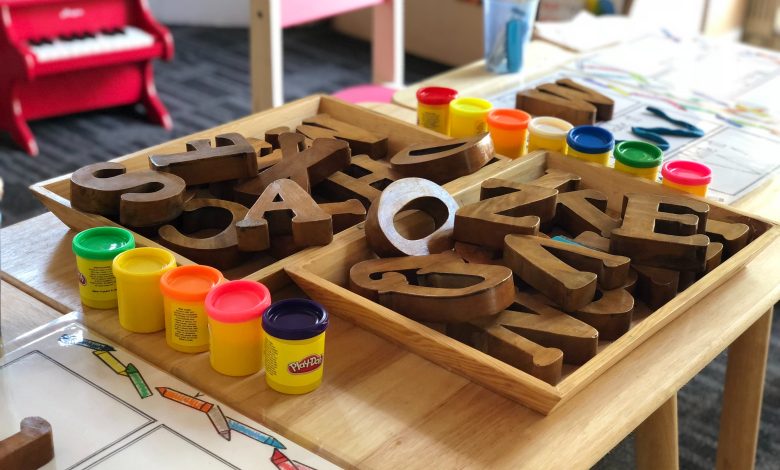
Children learn fast when we allow them to explore more and give exposure to their creative little minds. It becomes significant in their overall growth as their brain doubtlessly gets affected by things they observe around them.
With this in mind, parents often take preschools seriously, which allows their kids to learn more by getting answers for their curious minds. These children get early childhood education, which remains for children between the ages of three and five.
Also, preschools prepare kids for elementary school with training programs. That remains engraved in their minds for a lifetime. Such education allows young children to gain the social, emotional, physical, and cognitive development required for a brighter future.
In short, early childhood education benefits the development of a lifelong love of learning in children when conducted flawlessly. Children have the potential to absorb a great deal of information with proper guidance from trained and experienced teachers. Now, observe more benefits early education has on children of different ages.
Socialisation, Cooperation, and Holistic Development
The early stage of socialisation occurs in kids when we teach them about meeting other children their age. With this in mind, preschools allow young minds to develop self-confidence by eliminating their shy nature and making friends with other kids.
They learn to cooperate with their peers by sharing their food, toys, stationery items, and others that secure their social life. Thus, children have a strong foundation in every aspect of personality, involving emotional, social, mental, and physical, through early childhood education.
Teamwork and Value of Education
Preschools that allow childhood education improves a child’s teamwork capabilities by respecting other opinions, learning skills, and mentality towards equality. They become civil towards one another when they understand the concept of respect for people, belongings, and the environment.
Also, early education benefits kids in effective personality development when they grasp knowledge and apply them to their lives, indicating educational value. These children conceive a hunger for learning when play schools teach them through fun and exciting activities that improve their eager minds.
Learning Routines and Developing Independence
Children spend more time away from their families when they visit preschools for early education. It allows them to build confidence and discover their identity, which develops a sense of independence.
In addition, early education develops self-regulation skills in children delivered through concentration, sharing, and taking turns playing with toys and others. It helps kids adapt to a new routine outside the home that has a positive influence on a kid’s emotional and cognitive development.
Brain Evolution Through Exposure to Diversity
Preschools provide kids with education through playful activities involving analysing and logical reasoning that develop a child’s brain skills. Likewise, early childhood education exposes kids to diversity in the modern world and teaches them to appreciate & accept these differences in society.
It supports the kid’s transition to primary school and prepares them in informal and formal ways, like engaging in various transition school activities. So, preschools develop a sense of belonging within the school in young minds and assist them in forming positive relationships with others.
At The End
Preschools have become a significant symbol of offering the best early childhood education that benefits children in distinct ways. Children feel more comfortable, relaxed, and motivated to learn when they experience a positive transition to school.
Also, kids become better at asking for help and cooperating through early childhood education, which improves their social and communication skills. They become less likely to struggle with negative experiences in school with substantial pre-literacy, cognition, and foundation skills.





